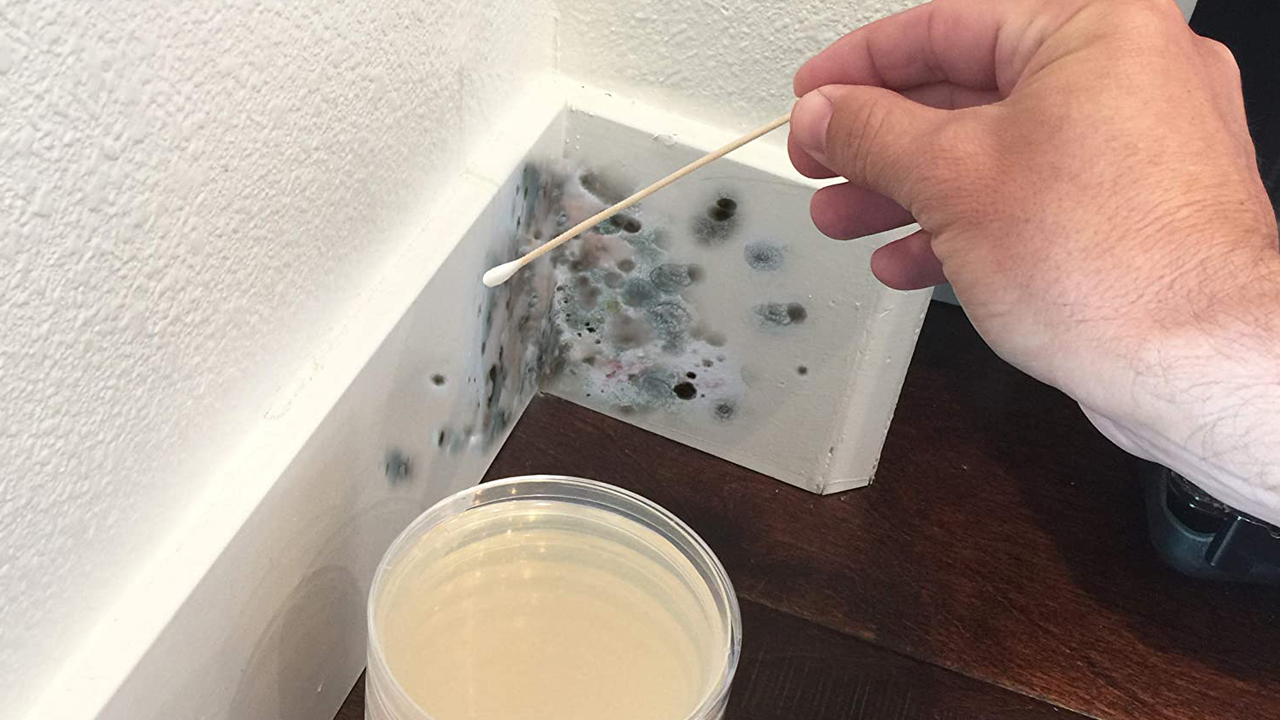Table Of Content

With the right interventions, even extensive mold damage can be repaired, and the home can be restored to its former state. Experts can also offer invaluable advice on moisture management and preventive measures beyond mold removal, ensuring the home remains mold-free in the future. For those wondering whether there might be mold growing somewhere in their home, there are a few major signs to be aware of.
Are there any circumstances where people should vacate a home or other building because of mold?
A doctor may diagnose a mold allergy according to a person’s symptoms and their medical and family histories. The main health risks related to mold exposure are allergies and irritation, which typically cause respiratory symptoms. However, people with weakened immune systems — such as those with HIV, transplant patients, or people undergoing cancer treatment — are at risk of fungal infections.
How dangerous is black mold to health?
You do not need to know the type of mold growing in your home, and CDC does not recommend or perform routine sampling for molds. No matter what type of mold is present, you should remove it. Since the effect of mold on people can vary greatly, either because of the amount or type of mold, you cannot rely on sampling and culturing to know your health risk.
What is the difference between black mold and mildew?
If you have them, it means you react differently to certain substances than other people do. Among people with allergies, an allergy to mold or other environmental substances happens to 1 in 5 people. Many allergic reactions to mold are similar to the types of reactions you have to other allergens like pet dander or dust. Some reactions to mold are more dangerous, like when it acts as an asthma trigger. Keep in contact with your healthcare provider to know the best ways to treat your mold allergy. For people sensitive to mold, inhaling or touching mold spores can cause allergic reactions, including sneezing, runny nose, red eyes, and skin rash.

In high amounts or in people with allergies, exposure to any mold may cause allergy symptoms. In people with underlying health conditions, it may lead to more serious complications. These include a skin prick test to check for reactions to common allergens, and blood tests to measure the immune system’s response to mold and check for allergies to specific types of mold.
How to Prevent Mold
If you happen to have spots of mold in your home, you can take steps to remove the mold yourself. If it’s a big job, or if you have respiratory problems, a professional contractor can safely remove mold and make the necessary repairs. A 2017 study found no proof that black mold exposure causes health problems.
Use a brush to scrub mold off surfaces, making sure you get it all. Porous materials, such as carpeting, furniture, and ceiling tiles, may have to be thrown out. Don’t paint or caulk until you’re sure all the mold is gone.
A Brief Guide to Mold, Moisture and Your Home
However, experts generally agree that black mold is not linked to an increased risk of specific health issues. However, in people with allergies and asthma, they may cause allergy symptoms and asthma attacks. More rarely, some people may develop flu-like symptoms after inhaling the allergen. These symptoms may be due to hypersensitivity pneumonitis, ABPA, or fungal infection. Complications most often occur in people with compromised immune systems and people with asthma.
Could you have mold in your home? What and where to look for mold and how it could effect you - WFMYNews2.com
Could you have mold in your home? What and where to look for mold and how it could effect you.
Posted: Thu, 24 Aug 2023 07:00:00 GMT [source]
Mold: Symptoms of Exposure, Risks, and More
Is there a link between autoimmune disease and mold exposure? –... - Ankylosing Spondylitis News
Is there a link between autoimmune disease and mold exposure? –....
Posted: Tue, 12 Sep 2023 07:00:00 GMT [source]
They may also wish to contact a professional mold removal service if mold in the home covers a large area or if it is difficult to remove. All indoor environments have some mold spores in them, but this does not affect most people. People with a mold allergy as well as asthma have a higher chance of having an asthma attack when there is mold in the environment. If you have a stuffy nose, sneezing, watery eyes, shortness of breath, wheezing or other bothersome symptoms that persist, see your doctor.
Under certain conditions, some types of mold can produce secondary toxins called mycotoxins. Exposure to mycotoxins can increase your risk of more serious illness from mold exposure. We’re not knocking your cleaning skills, but mold that grows undetected can pose a real health risk. Still, black mold can cause unwanted side effects, especially those in people who are sensitive to mold.
However, exposure to black mold can cause some people to experience allergy symptoms. Black mold exposure may lead to more serious complications in people with underlying health conditions. Black mold is a fungus that may cause your immune system to react. Common symptoms include sneezing, coughing, congestion and eye irritation. It rarely causes serious illness or death but may worsen asthma symptoms.

No comments:
Post a Comment